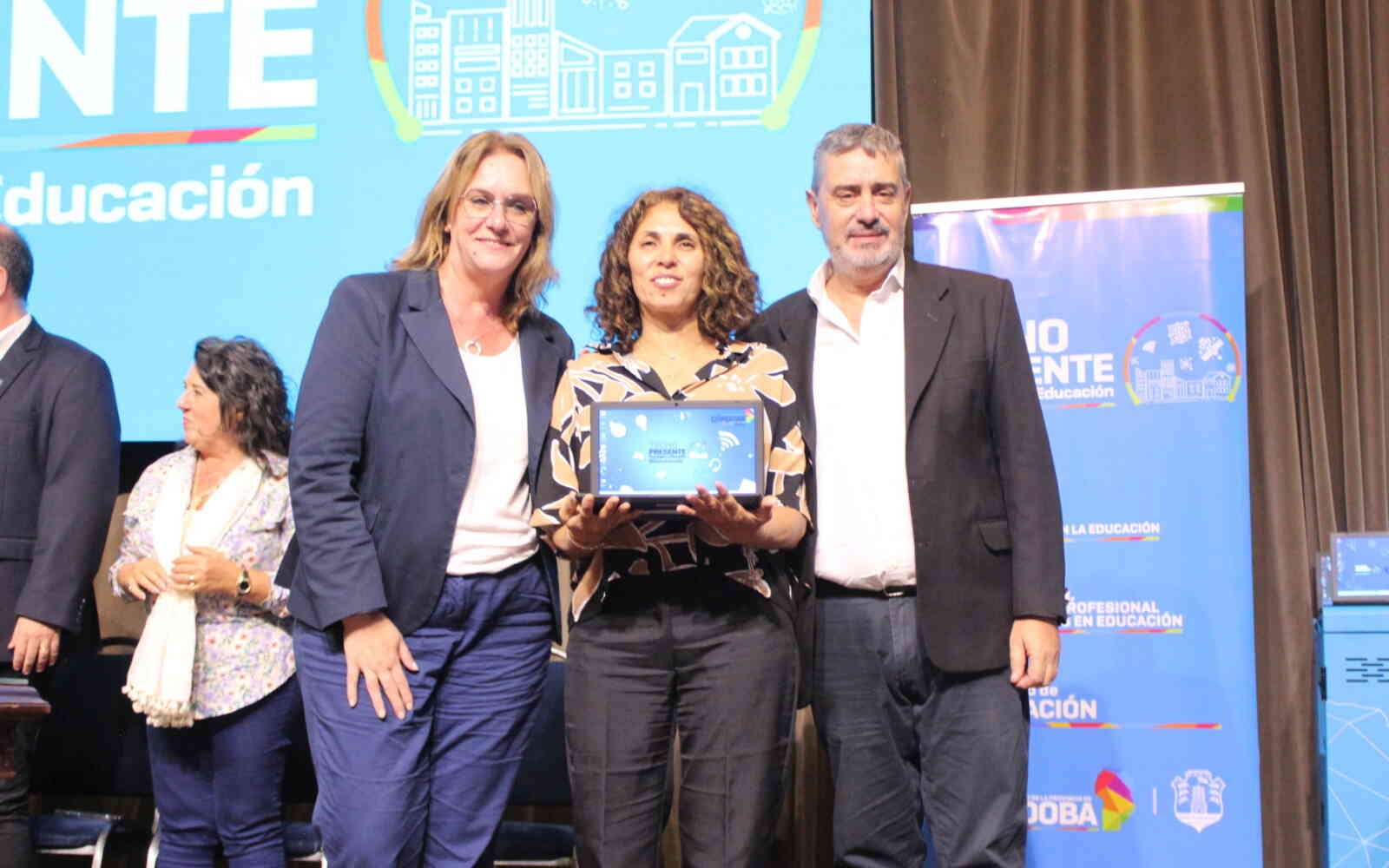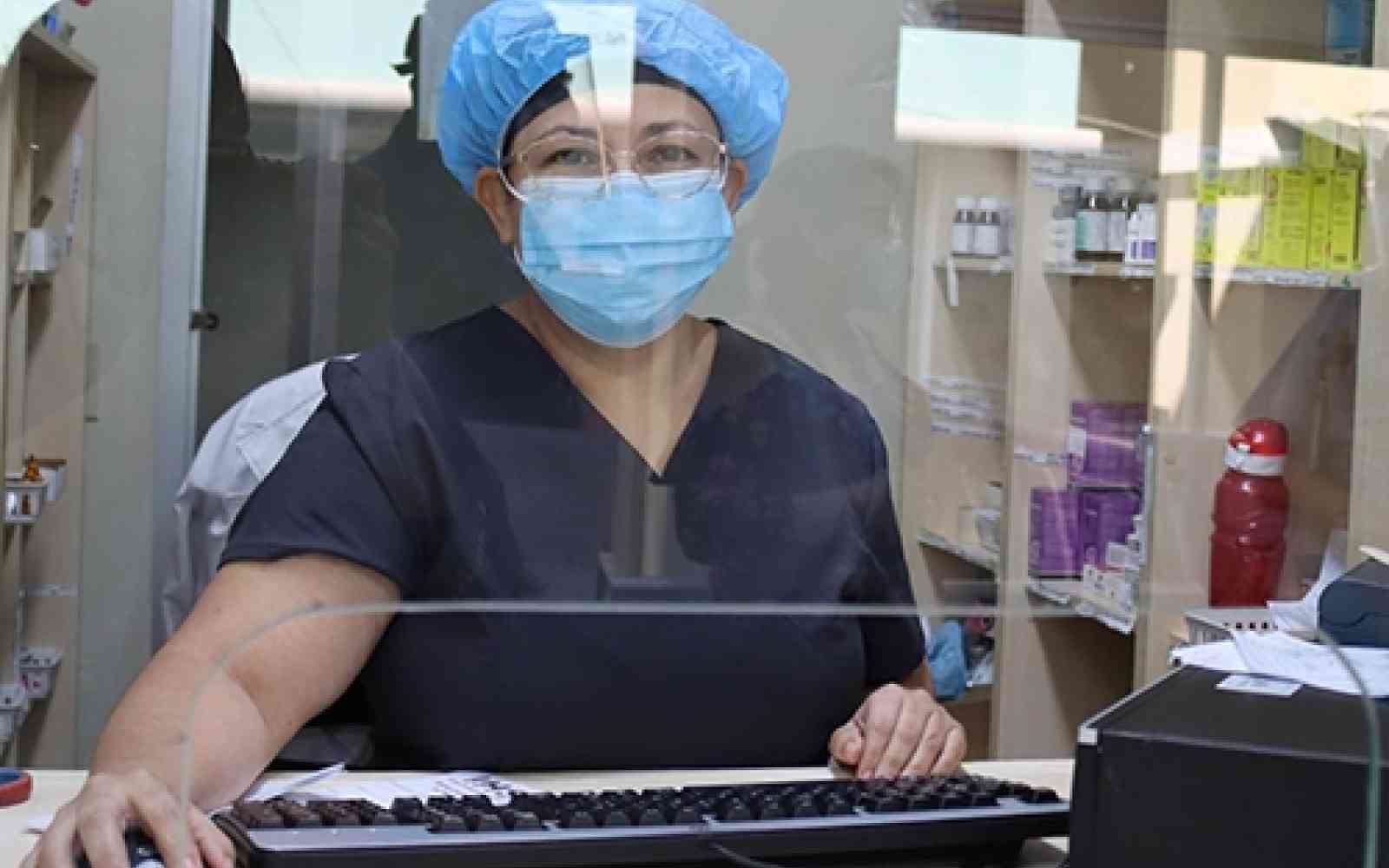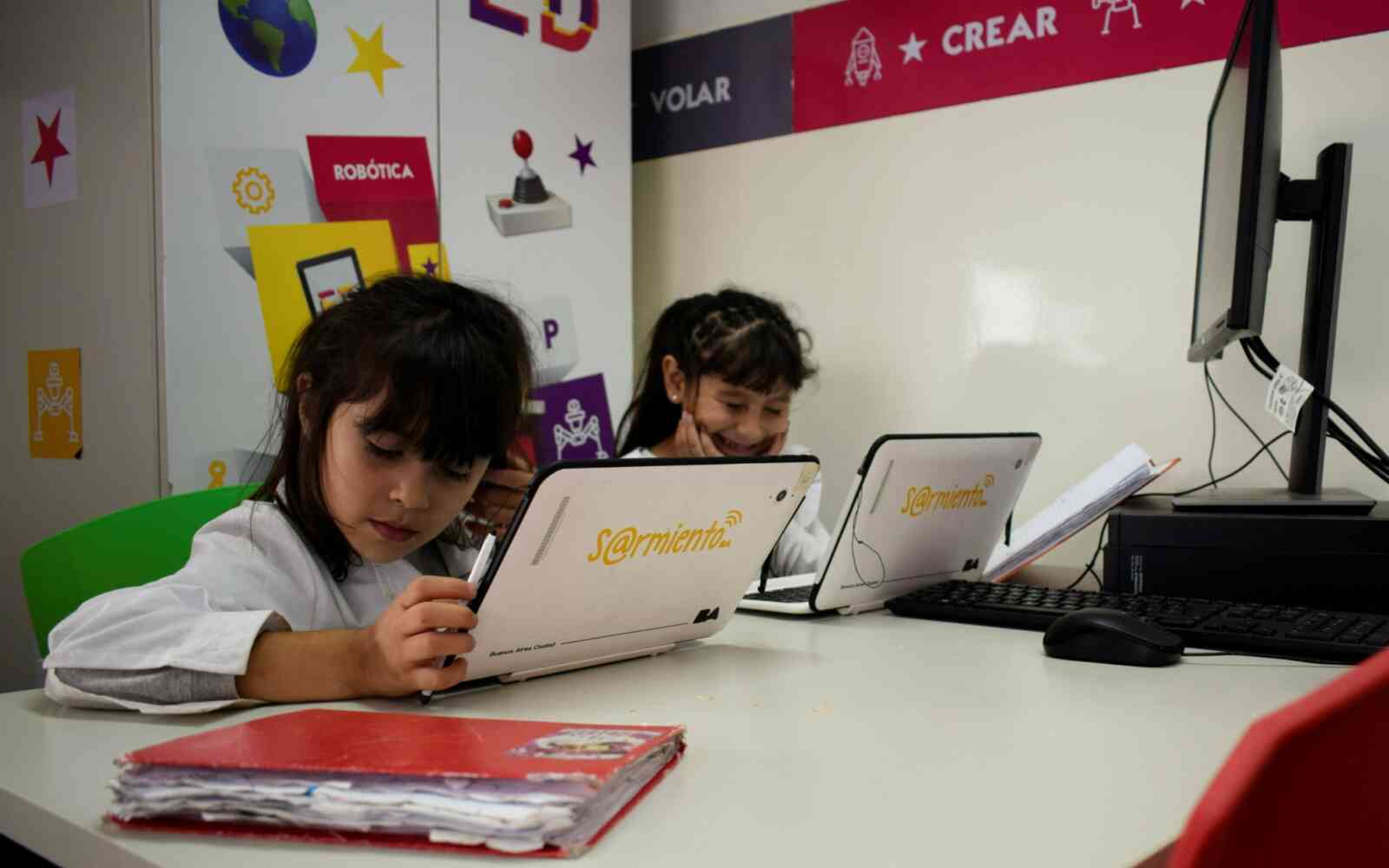The United Nations Office for Project Services (UNOPS)
Des achats qui font la différence

La directrice du Groupe des achats de l’UNOPS, Patricia Moser, raconte dans la revue Procurement Leaders le travail et les succès du groupe dans le cadre de crises humanitaires, son équipe se tenant toujours prête à aider les personnes démunies.
Voici l'introduction de l'article :
Lorsque survient une crise mondiale telle que le tremblement de terre qui a dévasté les habitations et l'économie d'Haïti en 2010, ou la révolution syrienne de 2011 qui s'est transformée en guerre civile, le monde ne reste pas indifférent. Des interventions d'urgence se mettent en place, la crise se retrouve au cœur des médias et des préoccupations du grand public et, partout dans le monde, les gens font don d'argent et de ressources matérielles afin d'aider ceux qui en ont besoin.
Néanmoins, ailleurs sur la planète une crise viendra en remplacer une autre, et l'attention portée à une catastrophe finira par s'estomper pour faire place aux événements les plus récents. Pourtant, cela ne veut pas dire que les problèmes issus de la catastrophe ont été résolus.
Peu de gens ont une vision d'ensemble de ces crises, et peu savent qu'en coulisses, lorsque l'attention est retombée, l'UNOPS continue à soutenir la reconstruction et le relèvement à long terme des communautés touchées.
L'UNOPS est en première ligne des crises mondiales. L'organisation contribue à reconstruire des communautés dans les endroits les plus fragiles et les plus reculés du monde. L'UNOPS est la seule organisation autofinancée du système des Nations Unies, et le Groupe des achats travaille avec plusieurs autres agences et partenaires internationaux en vue d'obtenir des résultats concrets.
Toutefois, il ne s'agit pas de simples procédures d'achats comme beaucoup l'entendent. Les activités d'achats de l'UNOPS se distinguent par leur portée et leur ampleur, comblant des besoins vitaux pour les communautés que l'UNOPS soutient dans plus de 80 pays.
One step beyond
For Patricia Moser, director of the procurement group at UNOPS, the role of the function can be summarised as "supplying value, delivering results, changing lives".
Supplying value and delivering results may be nothing unique to a procurement team, but to have the weight of responsibility for changing people's lives on the shoulders of the function adds a level of duty not associated with the average role.
"The team is continually working with our personnel on the ground all over the world. In the morning, we may be working with the team in Honduras and in the afternoon we may be working with our office in Jordan," says Moser.
One of the situations currently top of the agenda at UNOPS is the Syrian refugee crisis. Some five million Syrians are estimated to have fled their country since the start of the uprising in March 2011. Neighbouring Turkey is estimated to host 2.5 million of these refugees, according to statistics released by Amnesty International. As the migrant crisis enters its sixth year, these people are in need of stability and temporary homes.
One of the world's largest refugee camps, Azraq in Jordan, was built as a temporary structure to house up to 130,000 people escaping the conflict in Syria.
When the safety and security of the refugees and humanitarian workers in the camp came under threat, it was UNOPS that was called upon to support the Jordanian government by procuring equipment to enable vital security services to be implemented and security facilities to be constructed.
As part of that project, UNOPS was responsible for procuring the likes of solar power systems and generators for offices, as well as accommodation units for security teams.
Agility takes on a new meaning in situations like this when many things cannot be predicted or planned for. After all, there is no single means of preparing humanitarian response to an earthquake that no one anticipated or to acquire temporary shelters in response to a civil war a nation hoped would not take place.
Pour lire l'intégralité de l'article, cliquez ici (en anglais).












